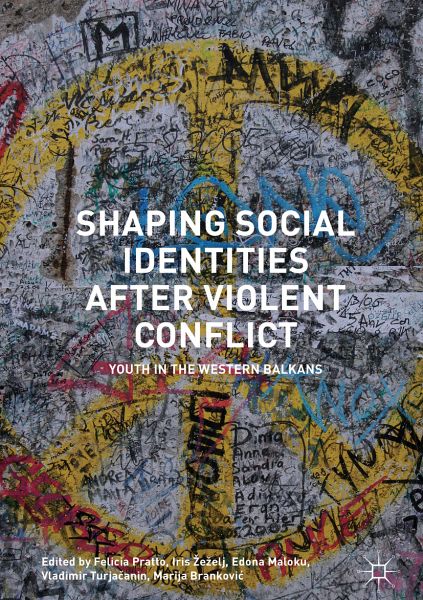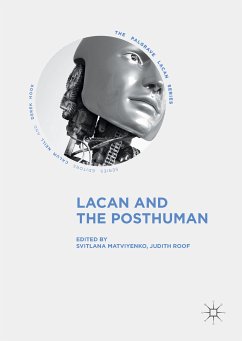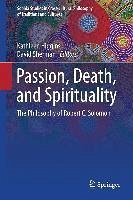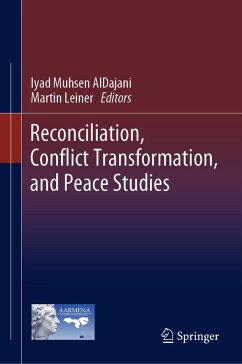
Shaping Social Identities After Violent Conflict (eBook, PDF)
Youth in the Western Balkans
Redaktion: Pratto, Felicia; Brankovic, Marija; Turjacanin, Vladimir; Maloku, Edona; Zezelj, Iris
Versandkostenfrei!
Sofort per Download lieferbar
72,95 €
inkl. MwSt.
Weitere Ausgaben:

PAYBACK Punkte
36 °P sammeln!
This book examines the identities of young adults in Bosnia-Herzegovina, Serbia, Kosovo, and Macedonia. With research drawn from a large multidisciplinary project exploring a potential for reconciliation in post-conflict societies, the authors discuss the interplay between ethnic, religious and national identities that have been the source of recent violent conflicts. They focus on people aged 18-30, representing generations that are socialized after the wars, but live in ethnically divided societies burdened with a difficult history. Another aim of the project was to compare majority and mino...
This book examines the identities of young adults in Bosnia-Herzegovina, Serbia, Kosovo, and Macedonia. With research drawn from a large multidisciplinary project exploring a potential for reconciliation in post-conflict societies, the authors discuss the interplay between ethnic, religious and national identities that have been the source of recent violent conflicts. They focus on people aged 18-30, representing generations that are socialized after the wars, but live in ethnically divided societies burdened with a difficult history. Another aim of the project was to compare majority and minority perspectives within each country, and to provide a unique view on how to reinterpret and build more inclusive social identities. Scholars and organizations interested in areas of social psychology, political science and sociology will find this research of great value.
Dieser Download kann aus rechtlichen Gründen nur mit Rechnungsadresse in A, B, BG, CY, CZ, D, DK, EW, E, FIN, F, GR, HR, H, IRL, I, LT, L, LR, M, NL, PL, P, R, S, SLO, SK ausgeliefert werden.












